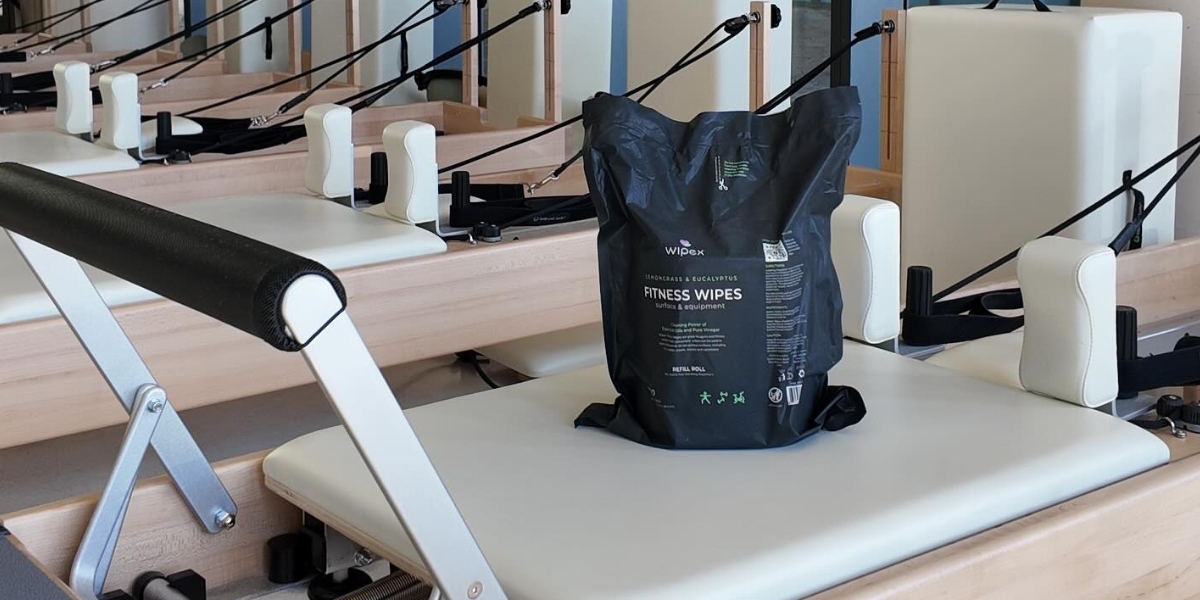The COVID-19 pandemic tested the boundaries of human endurance, both physically and emotionally. For healthcare professionals, the challenge wasn’t just about treating a novel virus but also about handling the immense psychological toll it imposed on patients, families, and medical teams.
Dr. Erin Coakley’s Heartbeats and Homecomings: A Doctor’s Pandemic Experience shines a powerful light on how empathy became a cornerstone of survival and success during this unprecedented global crisis.
Empathy in High-Stress Environments
In the early days of the pandemic, uncertainty was the only certainty. Hospitals were overwhelmed, resources were scarce, and healthcare workers faced grueling schedules with no respite in sight. Yet, as Dr. Coakley recounts, empathy emerged as the unifying thread that held her team together.
She recalls instances where simple acts of compassion made all the difference. Eye contact, for instance, became an unspoken language when masks and PPE concealed facial expressions. “-only eye contact remained. In this way, eye contact became our powerful tool for conveying concern,” she writes, showcasing how even the smallest gestures carried immense weight.
Empathy didn’t just apply to patient care. It extended to colleagues as well. In moments of exhaustion, healthcare workers leaned on each other, sharing fears, tears, and encouragement. This mutual support fostered an environment of trust and collaboration, enabling them to persevere through the darkest days of the crisis.
A Teamwork Enabler
Heartbeats and Homecomings showcases how empathy was critical in teamwork during the pandemic. Medical teams were forced to adapt rapidly, often outside their usual specialties or comfort zones. For instance, Dr. Coakley describes how doctors and nurses took on advanced procedures they hadn’t performed in years, relying on one another for guidance and reassurance.
Empathy facilitated open communication and collaboration, even in high-stress situations. Team members understood their colleagues’ pressures and stepped up to fill gaps wherever possible. This camaraderie not only improved patient care but also strengthened the collective resilience of the team.
The author recounts one instance when her team faced an overwhelming influx of patients during the peak of the Delta wave. Despite the mounting pressure, team members checked on one another, recognizing that emotional support was as essential as physical resources. This culture of empathy turned a grueling work environment into one where individuals felt seen, valued, and understood.
Empathy-Driven Patient Care
The pandemic’s strict visitation policies meant that patients were often isolated from their families during their most vulnerable moments. Healthcare workers became surrogate family members, providing medical care and emotional comfort.
In one story, Dr. Coakley describes a patient who spent over a month in the hospital, fighting severe respiratory failure. She made it a point to visit him each day, using her eyes and voice to convey reassurance. When he was finally discharged, his gratitude extended beyond the medical care he received. He expressed heartfelt appreciation for the empathy and humanity shown by the team.
Dr. Coakley’s book reminds readers that while advanced medical interventions save lives, patients’ emotional well-being plays a vital role in recovery. By practicing empathy, healthcare workers could bridge the physical and emotional gaps created by the pandemic’s many restrictions.
Lessons Beyond Healthcare
While Heartbeats and Homecomings focuses on the medical field, its lessons about empathy are universally applicable. Whether in workplaces, families, or communities, the principles of understanding and compassion can help handle any crisis.
For leaders, empathy builds stronger, more cohesive teams. Leaders can build trust and morale, even in the toughest circumstances, by listening to concerns and acknowledging their team members’ challenges.
On a personal level, empathy strengthens relationships and helps individuals cope with adversity. Dr. Coakley’s experiences illustrate that even small acts of kindness can have a ripple effect. They can create an environment where people feel supported and valued.
Why Empathy Matters Now?
As the world continues to recover from the pandemic, Heartbeats and Homecomings is a powerful reminder of the enduring impact of empathy. It shows how compassion alleviates suffering and builds resilience in the face of overwhelming challenges.
Dr. Coakley’s journey demonstrates that empathy isn’t a soft skill. It’s a critical tool for overcoming adversity and creating meaningful connections. Her book invites readers to reflect on their capacity for empathy and consider how they can incorporate it into their daily lives.
Takeaway
Scheduled to release in January 2025, Dr. Erin Coakley’s Heartbeats and Homecomings is a guide for dealing with crises through compassion and humanity. Her stories of perseverance, teamwork, and empathetic leadership inspire readers to look beyond themselves and recognize the profound difference they can make in others’ lives.
Published by Mark V.






